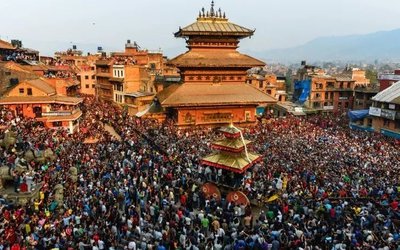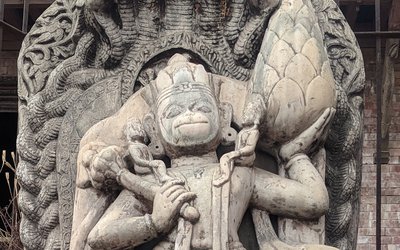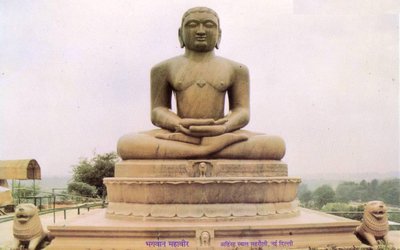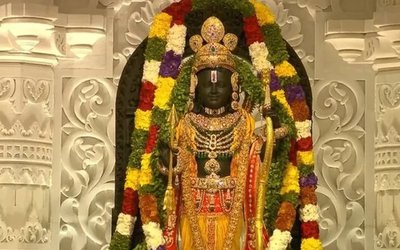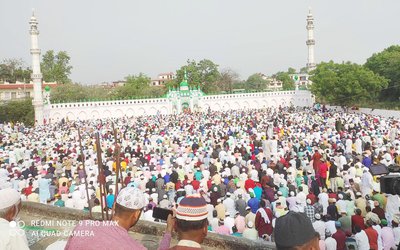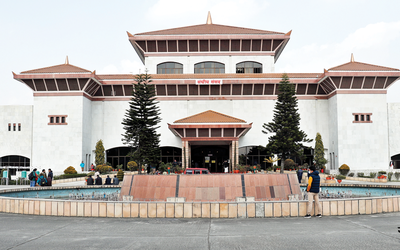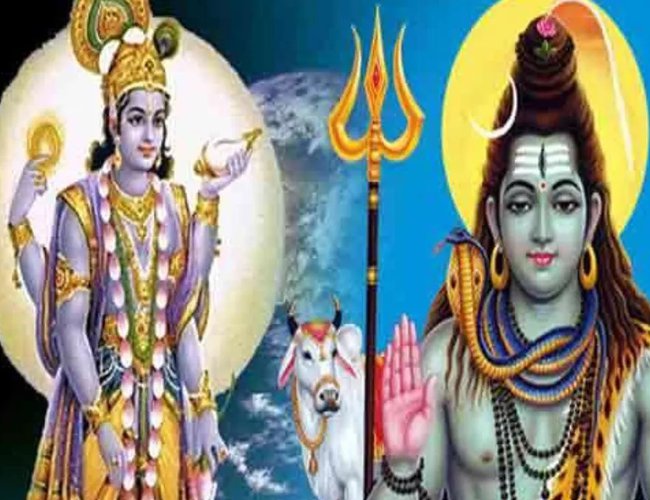
Maha Shivratri 2021: Maha Shivratri, literally translates as ‘the great night of Shiva’ and according to legend, it is on this night that Lord Shiva performs his heavenly dance or ‘tandav’. This year, the festival is on March 8.
Maha Shivratri is predominantly a Hindu festival, celebrated annually in honour of Lord Shiva, the God of destruction. Shivratri is celebrated in every month of the luni-solar calendar, in accordance with the Hindu calendar but once a year, in late winter Maha Shivratri is celebrated to commemorate the oncoming summer. Maha Shivratri, literally translates as ‘the great night of Shiva’ and according to legend, it is on this night that Lord Shiva performs his heavenly dance or ‘tandav’. This year, the festival will commence on March 8.
History And Significance
Hindustan Times - your fastest source for breaking news! Read now.
Of the 12 Shivratris observed in any given year, Maha Shivratri is considered especially auspicious. Shivratri is supposed to be the night of convergence of Shiva and Shakti, which in essence mean the masculine and feminine energies that balance the world. In Hindu culture, this is a solemn festival that marks the remembrance of ‘overcoming darkness and ignorance in life’. Different legends, throughout history, describe the significance of Maha Shivratri and according to one of them, it is on this night that Lord Shiva performs his cosmic dance of ‘creation, preservation and destruction’. Another legend dictates that on this night, offerings of Lord Shiva’s icons can help one overcome and let go of their sins and start on the path of righteousness, allowing the individual to reach Mount Kailash and achieve ‘moksha’.
Celebration
Unlike a lot of Hindu festivals, Maha Shivratri is not an overtly joyous festival. This is a night reserved for self-reflection and introspection for the purpose of growing and leaving behind all things that hinder our success. People all over the country celebrate Maha Shivratri according to the customs dictated in the region. Some celebrate in the morning, while other organise pujas and jagrans at night. Devotees also observe a full day fast on Maha Shivratri, eating only on the next day after bathing. The fast is observed not only to attain Lord Shiva’s blessings but also as a test of one’s own determination.
Mahashivratri, “The Great Night of Shiva” is the most significant event in India’s spiritual calendar.
The fourteenth day of every lunar month or the day before the new moon is known as Shivratri. Among all the twelve Shivratris that occur in a calendar year, Mahashivratri, the one that occurs in February-March is of the most spiritual significance. On this night, the northern hemisphere of the planet is positioned in such a way that there is a natural upsurge of energy in a human being. This is a day when nature is pushing one towards one’s spiritual peak. It is to make use of this, that in this tradition, we established a certain festival which is nightlong. To allow this natural upsurge of energies to find their way,one of the fundamentals of this nightlong festival is to ensure that you remain awake with your spine vertical throughout the night.
Importance of Mahashivratri
Mahashivratri is very significant for people who are on the spiritual path. It is also very significant for people who are in family situations, and also for the ambitious in the world. People who live in family situations observe Mahashivratri as Shiva’s wedding anniversary. Those with worldly ambitions see that day as the day Shiva conquered all his enemies.
But, for the ascetics, it is the day he became one with Mount Kailash. He became like a mountain – absolutely still. In the yogic tradition, Shiva is not worshipped as a God, but considered as the Adi Guru, the first Guru from whom the science of Yoga originated. After many millennia in meditation, one day he became absolutely still. That day is Mahashivratri. All movement in him stopped and he became utterly still, so ascetics see Mahashivratri as the night of stillness.
Spiritual Significance of Mahashivratri
Legends apart, why this day and night are held with such importance in the yogic traditions is because of the possibilities it presents to a spiritual seeker. Modern science has gone through many phases and arrived at a point today where they are out to prove to you that everything that you know as life, everything that you know as matter and existence, everything that you know as the cosmos and galaxies, is just one energy which manifests itself in millions of ways.
This scientific fact is an experiential reality in every yogi. The word “yogi” means one who has realized the oneness of the existence. When I say “yoga,” I am not referring to any one particular practice or system. All longing to know the unbounded, all longing to know the oneness in the existence is yoga. The night of Mahashivratri offers a person an opportunity to experience this.
Shivratri – The Darkest Night of the Month
Shivratri, is the darkest day of the month. Celebrating Shivratri on a monthly basis, and the particular day, Mahashivratri, almost seems like celebration of darkness. Any logical mind would resist darkness and naturally opt for light. But the word “Shiva” literally means “that which is not.” “That which is,” is existence and creation. “That which is not” is Shiva. “That which is not” means, if you open your eyes and look around, if your vision is for small things, you will see lots of creation. If your vision is really looking for big things, you will see the biggest presence in the existence is a vast emptiness.
- KOICA Concludes Integrated Rural Development Project Worth 4.7 Million USD
- Apr 25, 2025
- Budget session Of Federal Parliament Begins Today
- Apr 25, 2025
- 10th Memorial Day Of Gorkha Earthquake
- Apr 25, 2025
- Kathmandu's Maximum Temperature Likely To Dip From Sunday
- Apr 25, 2025
- Budget Session Of Federal Parliament Commencing On Friday
- Apr 24, 2025
